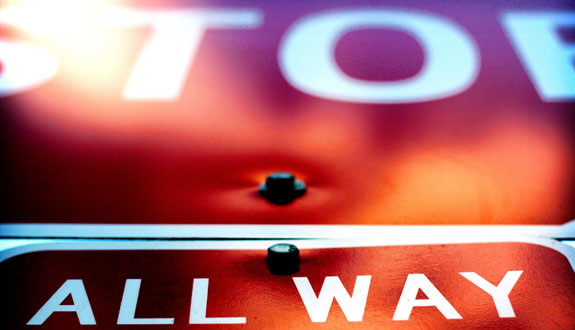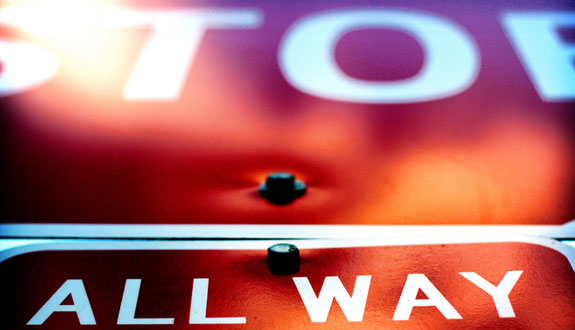Weighing Your Options: February LSAT or Wait Until 2014?
- by
- Jan 08, 2013
- Admissions
- Reviewed by: Matt Riley


Today on the LSAT blog: a guest post by Law School Expert Ann Levine, the former director of admissions for two ABA-approved law schools and the author of The Law School Admission Game: Play Like an Expert and The Law School Decision Game: A Playbook for Prospective Lawyers.
With December LSAT scores less than a week old and the February LSAT right around the corner, a major question for many law school applicants is whether they should take the February LSAT or wait and apply in the fall 2014. While there are exceptions to every rule, taking the February LSAT is generally not a great idea if you hope to be admitted in fall 2013. To understand why, it’s important to consider the timing of the test and how it coincides with the law school admissions cycle.
I know that many law schools say they accept a February LSAT score (even Yale), but only for Yale does it not put you at a disadvantage because it’s the one school that doesn’t operate on a rolling admission cycle. For other schools, a February LSAT score makes your application the last one read. A lot of my clients try to challenge me on this one, trying to game the system. “Ann, what if I don’t tell the school I’m taking the February LSAT?” Well, then the school won’t consider your (presumably) improved LSAT score, and you might be rejected and you can’t then turn around and say, “But wait!!! I have a new LSAT score!!!!” Some of my clients then try this approach with me, “Ann, what if I only tell the reach schools to hold my application and let the others go ahead and make a decision on my file with my current LSAT score?” Well, great, but then you’re taking advantage of the rolling admission process with schools where you supposedly already have a good shot, and the whole point of applying early is to increase your chances at a reach school…
Then, I sometimes I have to pull the ethical card – you do sign on a dotted line (or electronically sign by pressing ‘submit’) that you have a continuing obligation to update your application and not telling a school about a pending LSAT is in violation of that oath. But forgive me for getting all lawyer-y on you.
Here’s the deal: In my mind, if you’re waitlisted at a law school there is sometimes a benefit to taking the LSAT and showing an improvement. But most people who know they are on waitlists were June or September LSAT takers who retook the LSAT in December. If you took the December LSAT, it’s too soon for you to have heard back about waitlists. Therefore, a better plan of action might be to let the schools go ahead and evaluate your file and to take the June LSAT if you believe you can improve and you are on the waiting list for a law school where an increased LSAT score would increase the probability of acceptance.
For those of you who didn’t do well on the December LSAT because of lack of preparation or difficulty with standardized testing, the additional 3-4 weeks before the February LSAT isn’t enough time to make a meaningful improvement on the test, and it’s probably a much better plan to give the LSAT the time and attention it deserves by taking it in June 2013 and applying early in the fall 2014 law school application cycle.
The most important thing to do when deciding whether to take the February LSAT is to make an honest assessment of your progress and the likelihood of improving your LSAT score. Well-informed self-reflection will lead you to the right decision.
For more on this topic, check out my book The Law School Admissions Game. I dedicated a page and a half to the topic “Why the February LSAT is not a good idea.”
Search the Blog

Free LSAT Practice Account
Sign up for a free Blueprint LSAT account and get access to a free trial of the Self-Paced Course and a free practice LSAT with a detailed score report, mind-blowing analytics, and explanatory videos.
Learn More
Popular Posts
-
logic games Game Over: LSAC Says Farewell to Logic Games
-
General LSAT Advice How to Get a 180 on the LSAT
-
Entertainment Revisiting Elle's LSAT Journey from Legally Blonde








